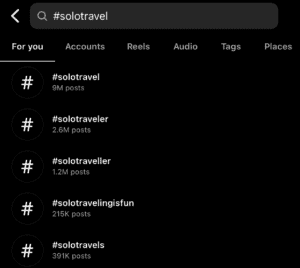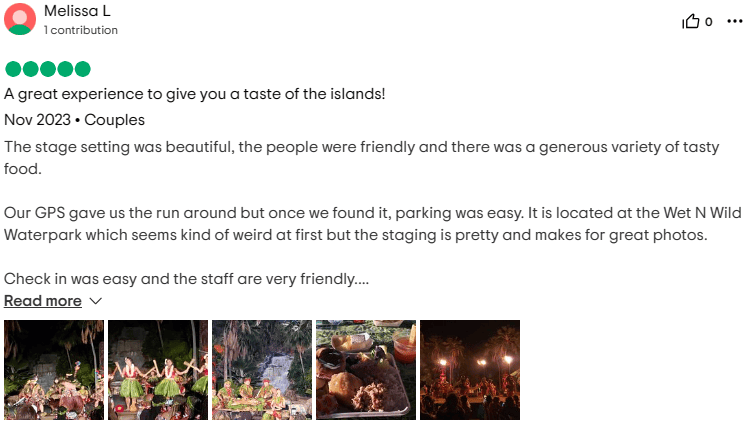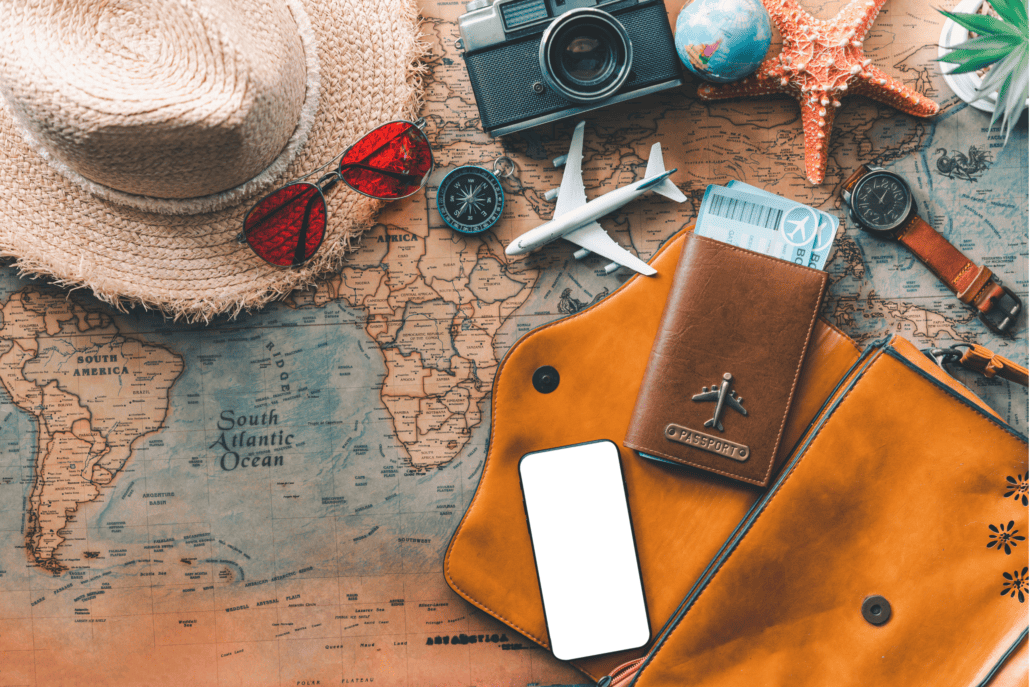The travel industry is constantly evolving and adapting to the changing needs and preferences of travelers. Here are some of the key trends that are shaping the future of travel in 2023 and beyond.
Solo travel
More and more people are choosing to travel alone, even before the pandemic. Solo travelers enjoy the freedom and flexibility of exploring new places at their own pace. They also use social media to share their experiences and connect with other travelers. Some travel companies specialize in small-group tours and activities for solo travelers, offering them a chance to meet like-minded people and have authentic local experiences.

Experiential travel
Travelers are looking for more than just sightseeing and shopping. They want to immerse themselves in the culture, history, and nature of their destinations. They seek meaningful and memorable experiences that enrich their lives and broaden their perspectives. Some online platforms allow travelers to book “experiences” with local hosts, both online and offline. These can range from cooking classes and art workshops to wildlife safaris and adventure sports.


Camping and glamping
These are popular ways to enjoy the outdoors and stay close to nature. Camping involves staying in tents, cabins, or RVs, while glamping is a more luxurious version of camping, with amenities like beds, electricity, and bathrooms. Camping and glamping can also be more affordable and eco-friendlier than staying in hotels. Some online platforms allow travelers to rent RVs or book glamping sites in various locations across the world.
Technology
Technology is transforming the travel industry in many ways, from booking and planning to transportation and accommodation. Some of the technologies that are changing the travel landscape include:
- Robots: Robots can perform various tasks in the travel industry, such as cleaning, delivering, and checking in guests. Some hotels and airlines are investing in robot manufacturers to reduce costs and enhance safety.
- Chatbots: Chatbots are software programs that can communicate with travelers via text or voice. They can provide information, answer questions, and offer assistance at any stage of the travel journey. They can also use artificial intelligence to learn from the travelers’ preferences and behavior.
- Facial recognition: Facial recognition is a technology that can identify people by their facial features. It can be used for security, convenience, and personalization in the travel industry. For example, it can be used to check in passengers, unlock hotel rooms, or customize services. However, it also raises privacy and ethical concerns, as it can be used for surveillance and discrimination.
- Smartphones: Smartphones are essential devices for travelers, as they can access various apps and services that make travel easier and more enjoyable. They can also be used to book tours and activities, which can increase the spending of travelers. Some hotels and airlines are also offering smartphone-based services, such as mobile check-in, digital keys, and in-flight entertainment.
Digital nomads
They are the people who work remotely and travel the world. They can enjoy the benefits of both work and travel, such as flexibility, diversity, and creativity. The pandemic has made remote work more common and acceptable, and many people have embraced the digital nomad lifestyle. Some destinations are attracting digital nomads by offering special visas, packages, and facilities that cater to their needs.
Bleisure travel
It is a combination of business and leisure travel. It involves extending a business trip to include some personal time at the destination. Bleisure travelers can balance their work and life, as well as explore new places and cultures. Some hotels and airlines are offering bleisure-friendly services, such as flexible rates, late check-out, and free Wi-Fi.
Sustainable travel
This is a type of travel that minimizes the negative impact and maximizes the positive impact on the environment and the local community. Sustainable travelers are conscious of their carbon footprint, waste, and consumption. They also support the local economy, culture, and wildlife. Some travel industry players have committed to sustainability by adopting green practices, such as using renewable energy, reducing plastic use, and obtaining certification.

Electric aircraft
Aircraft that use electric motors instead of fossil fuels to power their flight. They are cheaper, quieter, and cleaner than conventional aircraft. They can also take off and land vertically, which can save space and time. There are two main types of electric aircraft: fixed-wing airplanes and eVTOLs (electric vertical take-off and landing). Fixed-wing electric airplanes are smaller and shorter-range than regular airplanes, but they are suitable for commuter flights. eVTOLs are like passenger drones or flying cars, and they are ideal for urban air mobility. Electric aircraft are still in development, but they have the potential to revolutionize the aviation industry.
These are some of the trends that are influencing the travel industry in 2023 and beyond. They reflect the dynamic relationship between the industry and the consumers, as they both respond to the changing world. The travel industry will continue to innovate and adapt, and the travelers will continue to seek new and better ways to travel.




